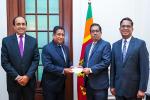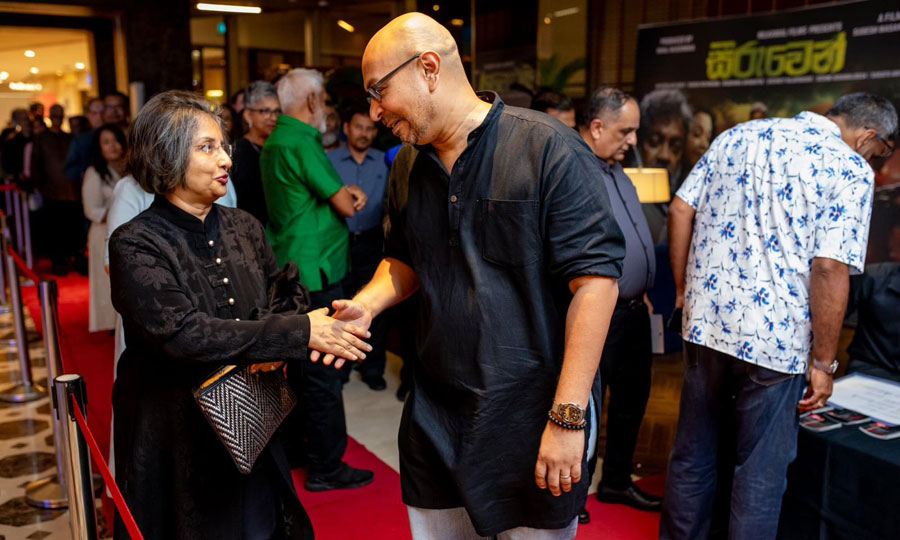The documentary film takes the audience on a poignant journey through an untold story of the Sri Lankan Muslim community's struggle during the COVID-19 pandemic, highlighting their ordeal with forced cremations of loved ones who succumbed to the virus.
The COVID-19 pandemic, which emerged in late 2019, had a devastating impact on Sri Lanka, claiming nearly 17,000 lives.
As families across the nation mourned their losses, the Sri Lankan Muslim community faced an additional burden : the mandatory cremation of their deceased, a practice that directly contradicted Islamic beliefs and traditions.
Director Aman Ashraff expressed his motivation behind the project, stating,
"Humbled as I am to be able to tell this story about my people, I must stress that this is not a Muslim story.
This is a Sri Lankan story about Sri Lankan citizens who were made to suffer in silence as their constitutional rights were violated.
In addition, it was a film made by Sri Lankan professionals of diverse ethnic and religious backgrounds who came together because they recognised the injustice with which their fellow countrymen were treated.
They believed passionately that it was a tale that needed to be recorded for posterity, thereby ensuring no Sri Lankan is ever persecuted in such a cruel and intolerant manner again."
Produced by Black Coffee Films, "Oddamavadi" delves deep into this controversial period through a series of in-depth interviews with community representatives, government delegates, and medical professionals.
The film takes its name from the remote village of Oddamavadi, which became the sole location where burials were permitted after the government eventually reversed its mandatory cremation policy.
As the maiden production of Black Coffee Productions, "Oddamavadi" represents a significant contribution to Sri Lankan documentary film landscape.






















